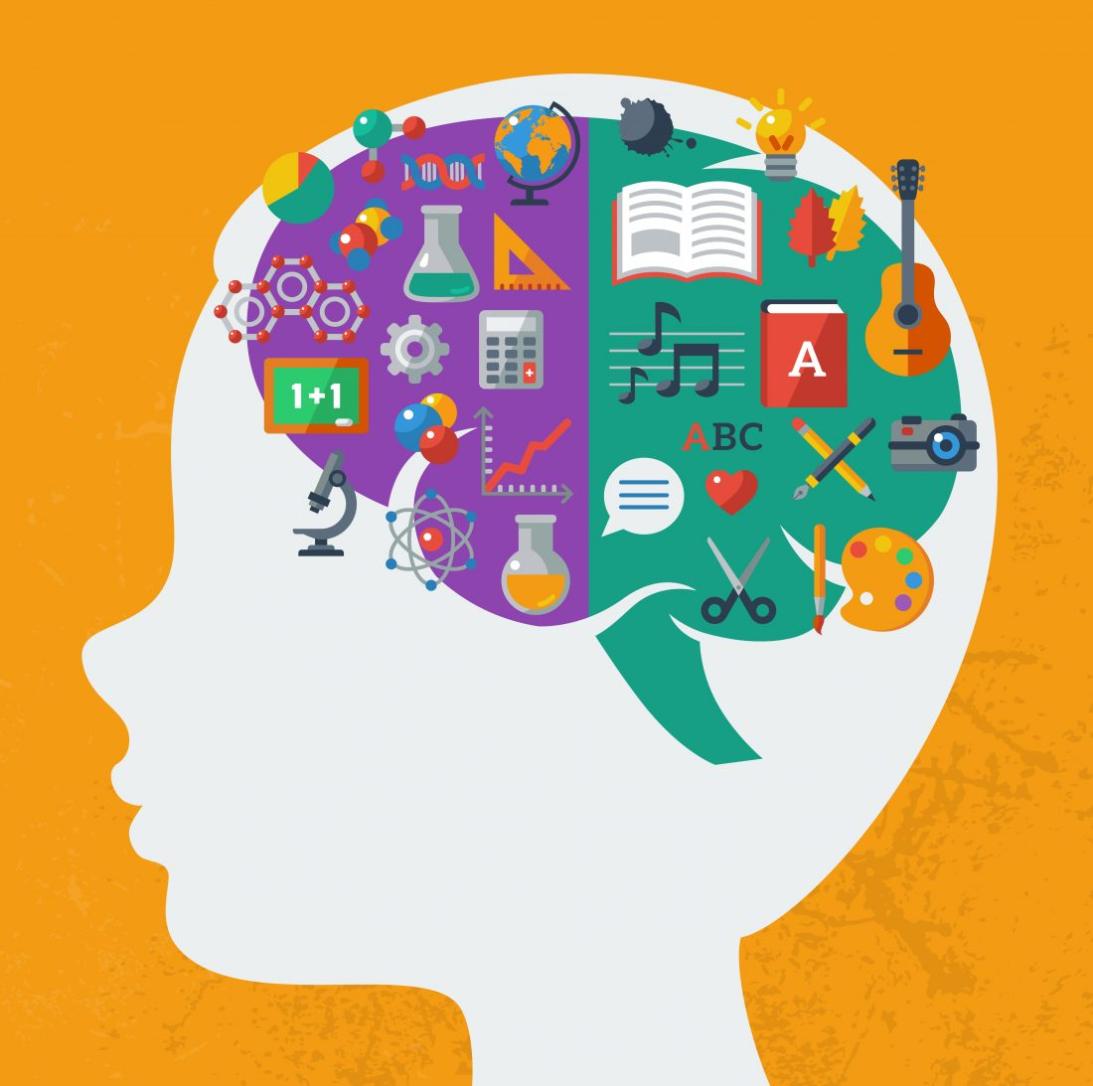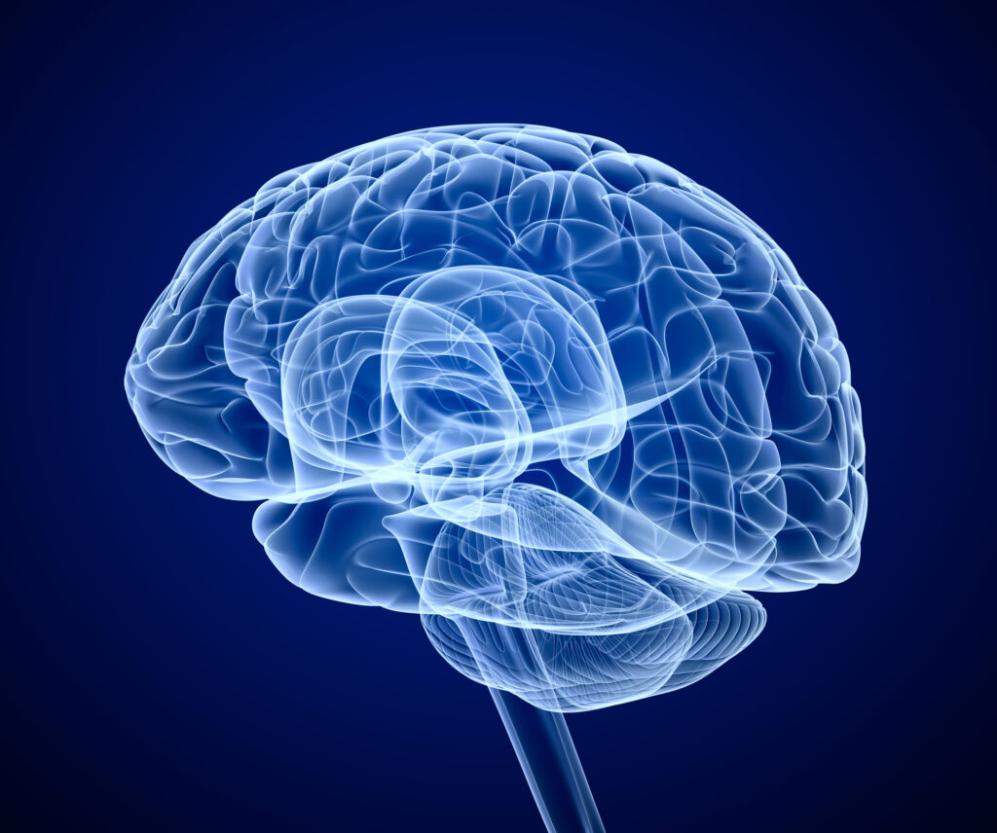How Can We Use Brain Insights to Improve Our Lives?
Our brain is the most complex organ in our body, and it plays a vital role in every aspect of our lives. By understanding how our brain works, we can learn how to use it more effectively and improve our overall well-being.

Understanding the Brain
The brain is made up of billions of neurons, which are specialized cells that communicate with each other through electrical and chemical signals. These neurons are organized into different regions, each of which has its own specific function. For example, the frontal lobe is responsible for higher-order cognitive functions such as planning, decision-making, and problem-solving, while the temporal lobe is responsible for processing auditory information and language.
The brain also produces different types of brain waves, which are patterns of electrical activity that can be measured using an electroencephalogram (EEG). These brain waves vary in frequency and amplitude, and they are associated with different states of consciousness, such as wakefulness, sleep, and dreaming.
Finally, the brain is capable of neuroplasticity, which is the ability to change and adapt throughout life. This means that we can learn new things, develop new skills, and recover from brain injuries.
Brain Insights for Personal Development

Understanding brain insights can help us improve our lives in a number of ways. For example, we can use this knowledge to:
- Enhance memory and cognitive skills: By understanding how the brain stores and retrieves information, we can develop strategies to improve our memory and learning abilities.
- Improve focus and concentration: By understanding how the brain filters out distractions and focuses on relevant information, we can develop strategies to improve our focus and concentration.
- Manage stress and anxiety: By understanding how the brain responds to stress, we can develop strategies to manage stress and anxiety more effectively.
- Develop emotional intelligence: By understanding how the brain processes emotions, we can develop strategies to better understand and manage our own emotions, as well as the emotions of others.
- Promote creativity and problem-solving abilities: By understanding how the brain generates new ideas and solves problems, we can develop strategies to promote creativity and problem-solving abilities.
Brain Insights for Health and Well-being
Brain insights can also contribute to our overall health and well-being. For example, we can use this knowledge to:
- Get better sleep: By understanding how the brain regulates sleep, we can develop strategies to improve our sleep patterns and get a better night's sleep.
- Improve immune system functioning: By understanding how the brain communicates with the immune system, we can develop strategies to boost our immune system and reduce our risk of illness.
- Reduce risk of neurodegenerative diseases: By understanding how the brain changes as we age, we can develop strategies to reduce our risk of neurodegenerative diseases such as Alzheimer's disease and Parkinson's disease.
- Enhance physical performance: By understanding how the brain controls movement, we can develop strategies to improve our physical performance and athletic abilities.
- Overall mental and emotional well-being: By understanding how the brain processes information and emotions, we can develop strategies to improve our overall mental and emotional well-being.
Brain Insights for Education and Learning
Brain insights can also inform our approach to education and learning. For example, we can use this knowledge to:
- Develop effective teaching methodologies: By understanding how the brain learns, we can develop teaching methodologies that are more effective and engaging.
- Personalize learning experiences: By understanding how individual brains differ, we can personalize learning experiences to meet the needs of each student.
- Develop engaging and interactive learning materials: By understanding how the brain responds to different types of stimuli, we can develop learning materials that are more engaging and interactive.
- Strategies for promoting lifelong learning: By understanding how the brain changes throughout life, we can develop strategies to promote lifelong learning and keep our minds sharp as we age.
Brain Insights for Workplace Productivity
Brain insights can also be applied to the workplace to improve productivity and performance. For example, we can use this knowledge to:
- Enhance employee engagement and motivation: By understanding how the brain responds to rewards and punishments, we can develop strategies to enhance employee engagement and motivation.
- Optimize workplace design and layout for productivity: By understanding how the brain responds to different environments, we can design workplaces that are more conducive to productivity.
- Develop effective leadership and management strategies: By understanding how the brain processes information and makes decisions, we can develop effective leadership and management strategies.
- Foster a positive and supportive work culture: By understanding how the brain responds to social interactions, we can foster a positive and supportive work culture that promotes collaboration and innovation.
Brain Insights for Social Interactions and Relationships
Finally, brain insights can help us improve our social interactions and relationships. For example, we can use this knowledge to:
- Build stronger relationships: By understanding how the brain processes social cues and emotions, we can develop strategies to build stronger relationships with others.
- Communicate more effectively: By understanding how the brain processes language and communication, we can develop strategies to communicate more effectively with others.
- Resolve conflicts peacefully: By understanding how the brain responds to conflict, we can develop strategies to resolve conflicts peacefully and constructively.
- Develop empathy and compassion: By understanding how the brain processes empathy and compassion, we can develop strategies to become more empathetic and compassionate towards others.
- Foster a sense of community and belonging: By understanding how the brain responds to social interactions, we can foster a sense of community and belonging among individuals.
Brain insights have the potential to revolutionize the way we live our lives. By understanding how our brain works, we can learn how to use it more effectively and improve our overall well-being. Whether we are looking to improve our personal development, our health and well-being, our education and learning, our workplace productivity, or our social interactions and relationships, brain insights can help us achieve our goals.
I encourage you to explore and apply brain insights in your own life. By doing so, you can unlock your full potential and live a happier, healthier, and more fulfilling life.
YesNo

Leave a Reply